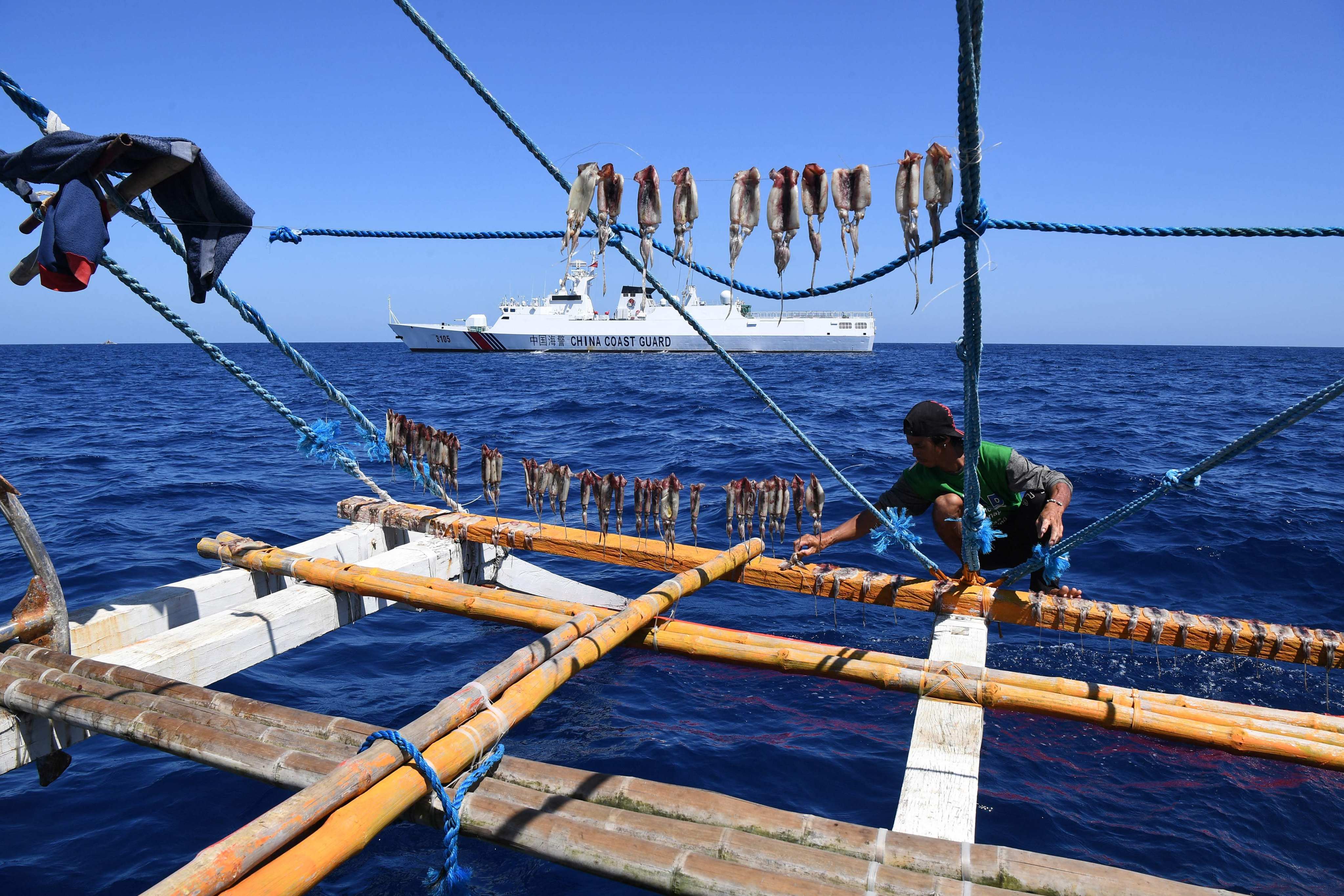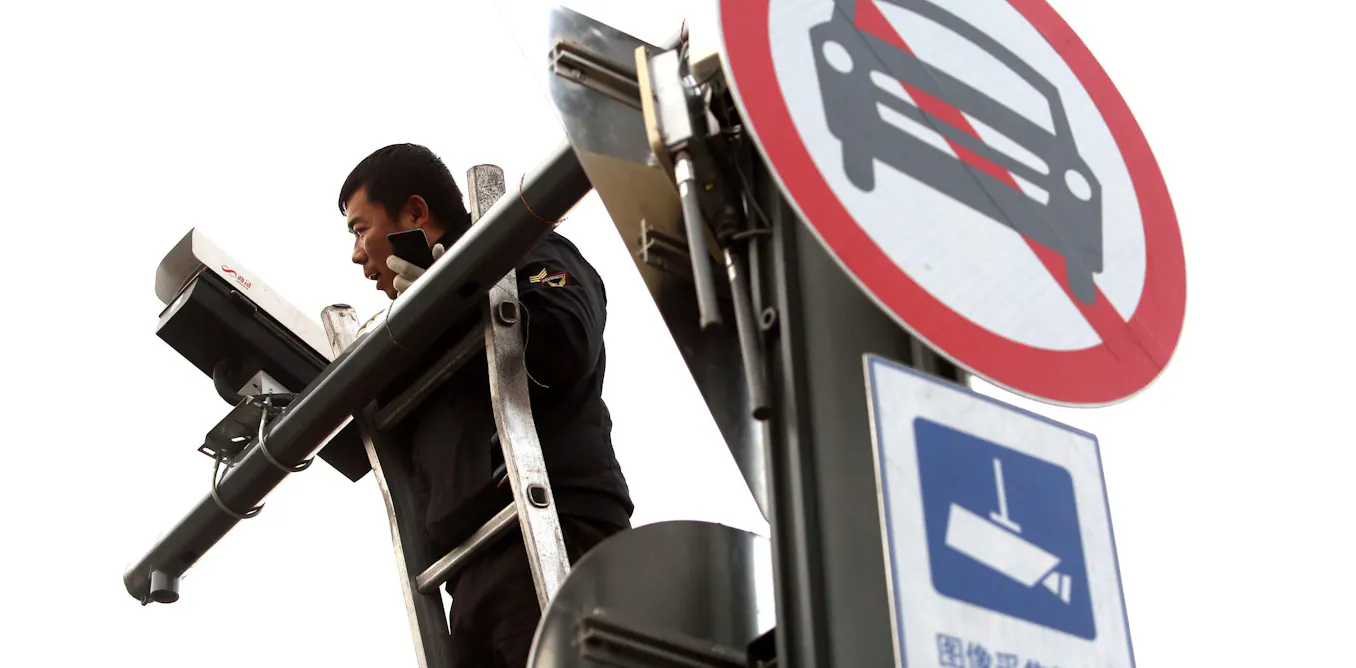By Jeoffrey Maitem
Copyright scmp

A US proposal to train Filipino fishermen as informants, tasked with reporting illegal fishing and environmental degradation by foreign vessels, has triggered concern that civilians could be thrust into the front lines of the South China Sea dispute.
Jonathan Fritz, US principal deputy assistant secretary of state for East Asian and Pacific Affairs, outlined the initiative during a round-table discussion at the US embassy in Manila on Thursday.
Despite Washington’s recent overhaul of its foreign assistance programmes, Fritz said the Philippines would remain a key recipient of US support in certain areas.
“One of the key areas where we will be focusing our foreign assistance is helping the Philippines to better monitor illegal fishing,” Fritz said. “Just be aware of vessels from non-Filipino fishers that are here taking resources of the Filipino people without their permission.”
The strategy would involve collaboration with local governments and fishing communities to establish intelligence-sharing protocols with national authorities, he explained.
The plan was floated against a backdrop of escalating tensions in the South China Sea, where overlapping territorial claims have led to confrontations between rival vessels, fierce competition for marine resources and environmental damage.
The Philippines and other Southeast Asian nations have accused Chinese vessels of harassing local fishers, blocking access to fishing grounds and destroying reefs through dredging and clam harvesting.
In response, China has maintained it is defending its sovereign territory, accusing others of provocation.
‘Easier said than done’
Security analysts voiced alarm at the US proposal, warning of the dangers inherent in deploying untrained civilians in contested waters.
“The fishermen’s safety is compromised. What is more, will these fishermen provide sufficient and reliable sources of intelligence, as they are not trained?” Anita Abbott, chair of the Asia-Pacific Security Innovation Forum in New Zealand, told This Week in Asia.
Abbott suggested that professional security or intelligence personnel, rather than civilians, should be tasked with such operations.
“Having military personnel who are disguised as fishermen could be another good plan. But it violates the law of armed conflict. The best plan would be naval intelligence embedded in fishing vessels,” she said.
Abdul Rahman Yaacob, a non-resident fellow at the Australian National University who specialises in maritime security, interpreted the US move as an attempt to bolster Manila’s limited maritime surveillance capacity.
“It’s easier said than done,” he told This Week in Asia. “There are many issues to consider: how does Manila train or educate the fishermen to monitor and report marine pollution and coral reef destruction? What is the reporting process? Will the fishermen be given communication equipment?”
Without answers to these operational questions, the plan risked falling short of its aims, Rahman cautioned.
Protection of marine life
Arnaud Leveau, an assistant professor of geopolitics at Paris Dauphine University, argued that effective monitoring would require fishers’ daily presence at sea.
“At the same time, it signals the US’ determination to integrate environmental protection into its strategic competition with China,” he said.
Leveau framed the issue as both a matter of national sovereignty and global responsibility: “The South China Sea is home to ecosystems essential for biodiversity and for the food security of millions of people in Southeast Asia.”
Despite the risks involved, some local fishermen have welcomed the initiative, albeit with reservations. Naldo Arizobal, a fisherman from Puerto Princesa in Palawan – a Philippine island facing the South China Sea – said he was open to the proposal, but expressed concerns for his livelihood.
“That’s my worry. But let’s give it a try,” Arizobal said. “If the proposal is good for everybody, then there’s no problem with me. I can even persuade other fishermen to support it.”
Leonardo Cuaresma, head of the New Masinloc Fishermen’s Association in Zambales, said his organisation’s members had already shared information with the Philippines’ navy and coastguard.
“Right now, we can’t even enter Scarborough Shoal to fish. If we don’t cooperate with our allies, nothing will change,” he said.
Scarborough Shoal, known as Panatag Shoal in the Philippines, has been hotly contested since China’s seized control of it in 2012 following a naval stand-off.
‘Band-Aid solution’?
Muhammad Faizal Bin Abdul Rahman, a security specialist and research fellow at Singapore’s S. Rajaratnam School of International Studies, said the plan could enhance the Philippines’ ability to enforce maritime law and protect its resources.
But he asked whether using Filipino fishermen for intelligence collection helped or hampered their ability to make a living and questioned if there was “a plan to protect the Filipino fishermen if they end up coming face to face more often with Chinese fishing vessels or if they are confronted more forcefully by the Chinese coastguard for alleged spying?”
Faizal observed that such intelligence-gathering methods had roots in the Cold War, when Russian and Chinese fleets were used for similar purposes.
He said that the plan aligned with Manila’s efforts to strengthen its deterrent capacity in the South China Sea and Washington’s aim to reinforce the so-called first island chain and prevent China from expanding its presence in the Pacific.
However, Leveau cautioned that the proposal amounted to a “Band-Aid solution” that was insufficient to halt the destruction of coral reefs in disputed waters.
He called for more comprehensive measures, including scientific research, sustainable fishing regulations and robust enforcement.
“Without robust regional frameworks for environmental governance and crisis management, the problem will persist,” he said.



